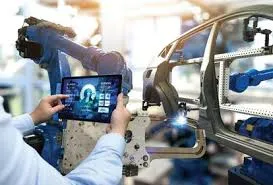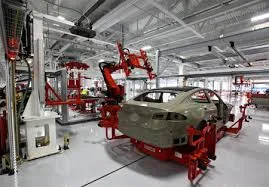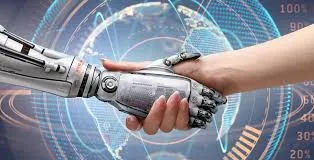Greetings readers. We always underestimate the pace of technological change because the technologies that are invented twenty years from now are not invented with today's technology. They will be inventoried with available technologies twenty years from now which, of course, we have not yet dreamed of.
And the only agreement we come to is: we can't predict the future, but we can invent it.

We can begin to imagine such a world, with smartphones in the hands of each and every one that today would cost us ten million dollars per unit, and several professionals from the world of technology and new investors explain it, (it is very difficult to predict future, and it is arrogant to bet against human ingenuity), because It is we who got what happens with technology.
And the only agreement we come to is: we can't predict the future, but we can invent it.
The world of technology is a very wide and dynamic world, managing to fit in all the qualities of places in life, technology never remains in the same aspect but is always at the forefront of innovation and we can visualize it With The recent advances in artificial intelligence and machine learning, stories like Watsony that they already have cars that don't require drivers, marking the beginning of a radical change in the world And the only agreement we reach is: we can't predict the future, but we can make it up.

Technology has always fueled growth, improved living conditions and opened avenues for new and better types of work. In other words, they make people more productive and improve living conditions. They also help open paths to new types of work.
And many of you will wonder why this advance in technology will affect workers not for the better but for the worse? And it is, A machine can replace human labor when it has the capacity to produce more than the worker for the same cost (such as his salary), of course this is more likely to occur when the worker's tasks are routine and encodable: that is, when task instructions can be translated into code for a computer to carry out.
But don't worry, automation is much more likely to replace workers in controlled and simplified environments. Although computers can carry out the most complex calculations in milliseconds, it is much more difficult to make a machine write novels or take care of children as efficiently as humans do.

And I can put it this way: Machines complement labor when they allow workers to be more productive, but at the same time, they cannot replace (at least not completely) the worker. Why? In other words, automation that supplements human labor makes it easier for people to get work done and focus on what humans excel at. But if you have to take into account that throughout history, machines have helped workers to achieve greater production.
If you liked this article, leave your votes and comments at @javiersilva